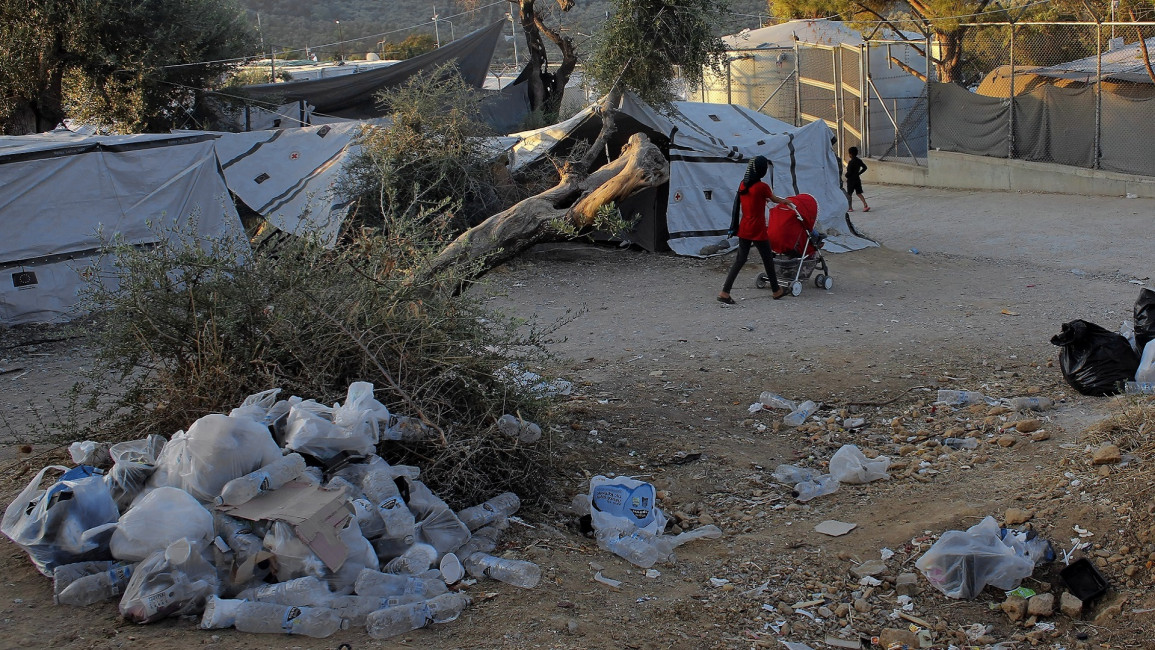Governor of Greek 'hell-hole' refugee camp resigns
The governor of a notorious migrant camp on the Greek island of Lesbos, long criticised for overcrowding, poor health services and unsanitary conditions, announced his resignation on Wednesday for personal reasons, state news agency ANA said.
"I leave with my head high. I did what had to be done under difficult circumstances.... I am tired," Giannis Balpakakis, a retired senior army officer appointed to the Moria camp post in 2017, told the agency.
Four years after the peak of the migration crisis largely fuelled by the conflict in Syria, the Moria camp remains a byword for overcrowding, squalor and suffering.
In August, the camp designed for 3,000 people was home to almost 11,000, according to the charity Doctors Without Borders (MSF).
About half of the camp’s residents hail from Arab countries, mostly Syria and Iraq, with a significant portion of Kuwaiti Bidoon – people indigenous to Kuwait but denied citizenship by the Kuwaiti government.
Other refugees come from Afghanistan, Cameroon, and the Democratic Republic of Congo where under-reported conflicts are taking place. In 2018, the camp hosted refugees from 64 countries in total.
Over 600 Afghans were transferred to camps on the Greek mainland earlier this month, but dozens continue to arrive daily.
Refugees at the Moria camp have long complained of frequent brawls, which can turn deadly, poor-quality food, absence of schooling for children, poor-quality health care and sub-standard hygiene conditions.
The camp is overflowing with rubbish and sewage and there is one toilet for every 72 people.
Most refugees suffer trauma from the conflicts they have experienced and there is a near-total absence of psychological support. The dismal situation in the camp fuels conflict and has led refugees, including children, to attempt suicide.
Rights groups have denounced the response of the new conservative government elected in Greece in July to Greece’s refugee problem. It has tightened border controls and withdrawn the right for asylum-seekers whose application is rejected to appeal the decision.
The number of refugees arriving in the Greek islands from Turkey has increased recently, partly as a result of rising anti-refugee sentiment in Turkey.


